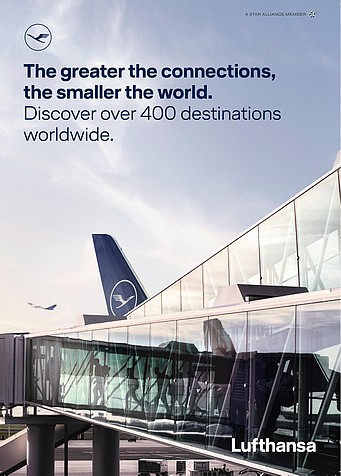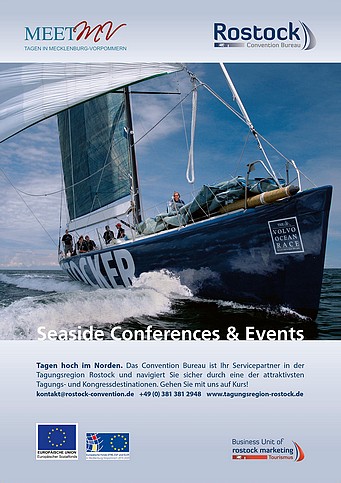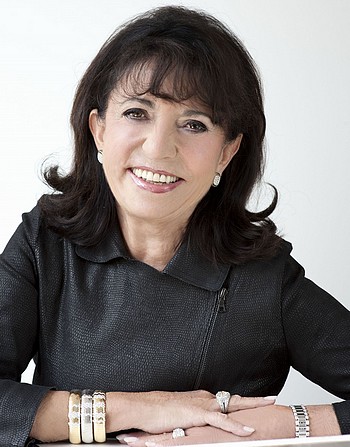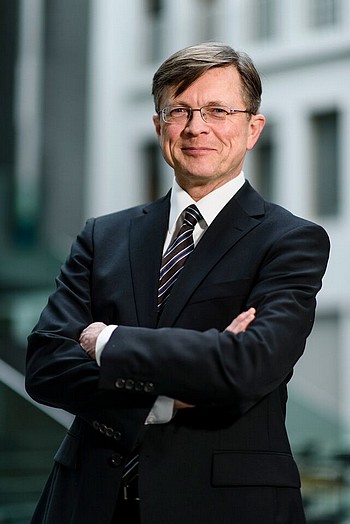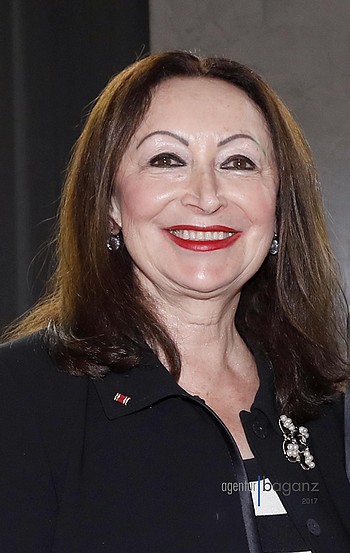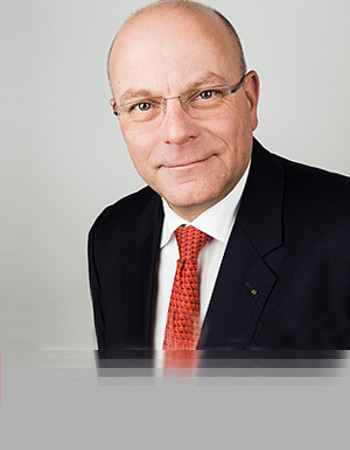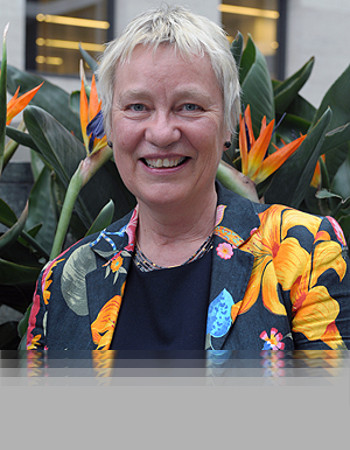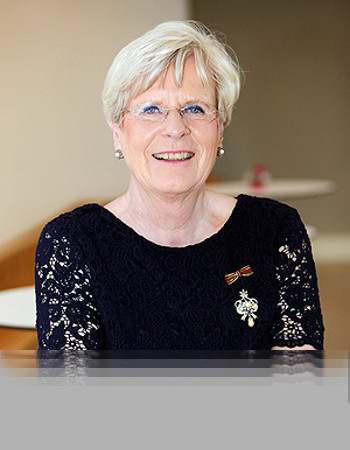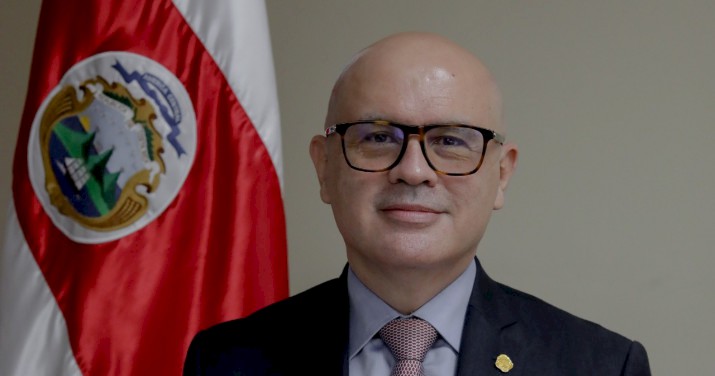
A pact for knowledge, people, peace and the environment
By Rodolfo Solano Quirós, Minister of Foreign Affairs of the Republic of Costa Rica
In the framework of the bicentennial of Costa Rica's independence, we have advocated for four fundamental pillars: the historical Costa Rica, the peaceful, healthy and supportive Costa Rica, the capable Costa Rica and the decarbonized Costa Rica. Four pillars that, to a large extent, should be the foundation of our third century of independent life.
We have before us another bicentennial, in our opinion no less important: the issuance and signing of the Interim Fundamental Social Pact of Costa Rica in December 1st, 1821 by “La Junta de Legados de los Pueblos”, the first fundamental law that Costa Ricans gave themselves through a popularly elected assembly in which all were represented.
In view of these four pillars defined for the bicentennial celebration, it is interesting to note that three of them are already reflected in one way or another in this document known since the time of its promulgation as the Pact of Concord.
This Pact had a singular transcendence, because based on it, in January 1822, three months after the arrival in Cartago of the news of the independence proclaimed in Guatemala and in León of Nicaragua, Costa Rica became a constitutional government freely elected by its citizens. The case was very unique for its time and circumstances, because although democratic mechanisms had already been tested since 1812 with the Constitution of Cadiz, the Costa Ricans were the only Central Americans at that time who thought not only of becoming independent from Spain and establishing provisional government boards, but also of immediately establishing their own fundamental law, which would set clear rules for the election and performance of their authorities. It was therefore the starting point of Costa Rica's legal and political history as an independent and democratic country, and set a course that despite many ups and downs has remained firm to this day: Costa Rica remains faithful to its democratic and institutional vocation and to its decision to live in peace and freedom. We will confirm it once again in February 2022, with new multiparty general elections and with the most absolute civil and political freedom.
When we speak of a capable Costa Rica, we refer to the idea of projecting the future through our capabilities and human talent; to celebrate the country's knowledge, know-how and multiple intelligences. In the Costa Rica of 1821, education was still rudimentary. But that society of farmers, ranchers, merchants, among others, knew how to choose illustrious figures to form “La Junta de Legados”, and those representatives, some of whom possibly did not even know the proper technical legal language, gave the best of their intelligence and common sense to provide Costa Rica with a fundamental statute that would guarantee freedom and peace, and that at the same time would be adequate to its possibilities and realities. The political vision of those heroes, embodied in the Pact was unquestionably innovative and at the same time brilliant.
A third pillar refers to the idea of a peaceful, healthy and supportive Costa Rica. The Pact wanted to be and was, the knot of concord of Costa Rican society to prevent it from fragmenting into localisms and fanaticisms. The principle of the rights of persons –it did not only speak of men- was briefly but splendidly reflected in its article 2, according to which Costa Rica "recognizes and respects civil liberty, property and other natural and legitimate rights of any nation and others." If we pay attention to the end of this article, we can see that the legacies of 1821 did not think only of the rights of Costa Ricans, but also of all others. Currently, we could say that they were very aware of the universal dimension of human rights.
The fourth pillar, the decarbonized Costa Rica, is not outlined in the Pact but can be traced back in its foundations to the beginning of the 19th century, very close to our Independence, when by means of decree N° 161 of the Assembly of 1828, the municipalities were entrusted with the duty to watch over "...the conservation and repopulation of the forests and plantations of the commons". Since then, Costa Rica has dedicated itself to building a true architecture and culture of environmental protection, which is an integral part of our development model. We have been far-sighted, innovative and visionary in taking measures that have contributed to reversing forest loss, mitigating climate change and preserving biodiversity. The National Decarbonization Plan 2018-2050 reflects our commitment to the United Nations Framework Convention on Climate Change and is consistent with Article 4 of the Paris Agreement. We thus became one of the first developing countries to establish a long-term roadmap; consistent with the goal of keeping the increase in global temperature below 1.5 degrees Celsius, leading us to meet the ultimate goal of being a carbon neutral country by 2050 and carbon negative by 2100. Our country's path towards a green economy can be traced back two centuries and is proof that our firm commitment to the environment has been innate to Costa Ricans since we took our first steps as a nation.
On that same path, on December 1st, 1948, Costa Rica announced to the world its unilateral decision to abolish the army and to never resort to aggression, a proscription that was and still is enshrined since 1949 in our Constitution. Since then, the civilian, democratic and institutional vocation has been definitively and irreversibly confirmed, and is outlined in the Pact of Concord since December 1st, 1821, to whose evolved and enriched spirit we remain unwaveringly faithful.


BOTSCHAFTER IN BERLIN
Hier finden Sie alle wichtigen Informationen über die ausländischen Botschaften in Berlin von A wie Afghanistan bis Z wie Zypern. Schauen Sie doch mal rein unter www.botschafter-berlin.de.
MONATSBRIEF
Wenn Sie sich für unseren kostenlosen Monatsbrief anmelden möchten, senden Sie bitte eine Nachricht.
LESER ÜBER UNS
Impressum | Datenschutzerklärung
© Diplomat Media Berlin 2017 —


